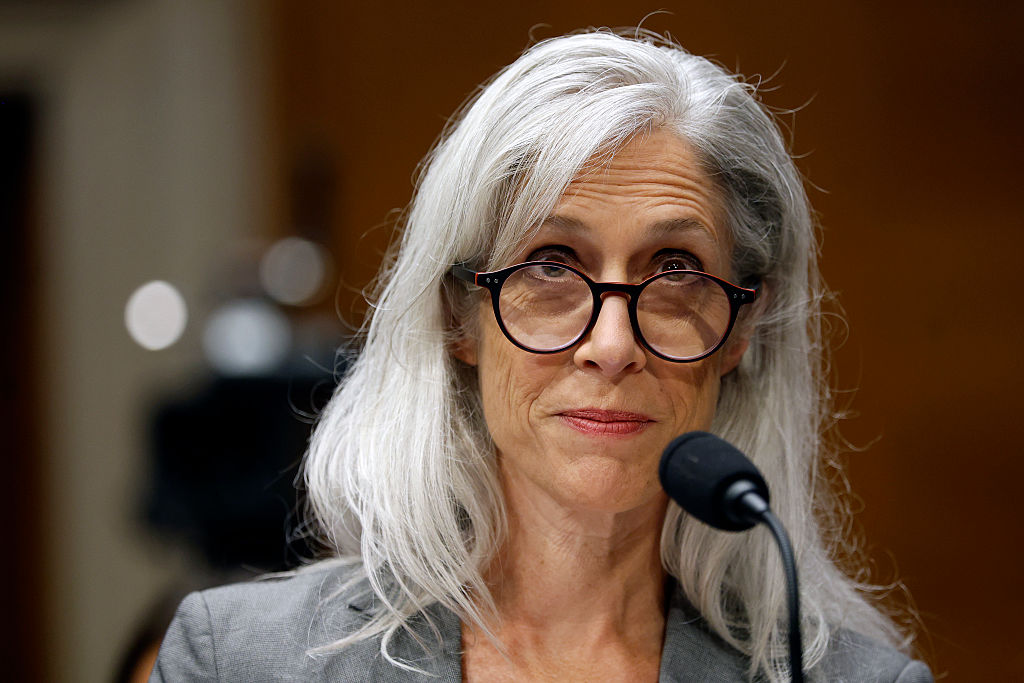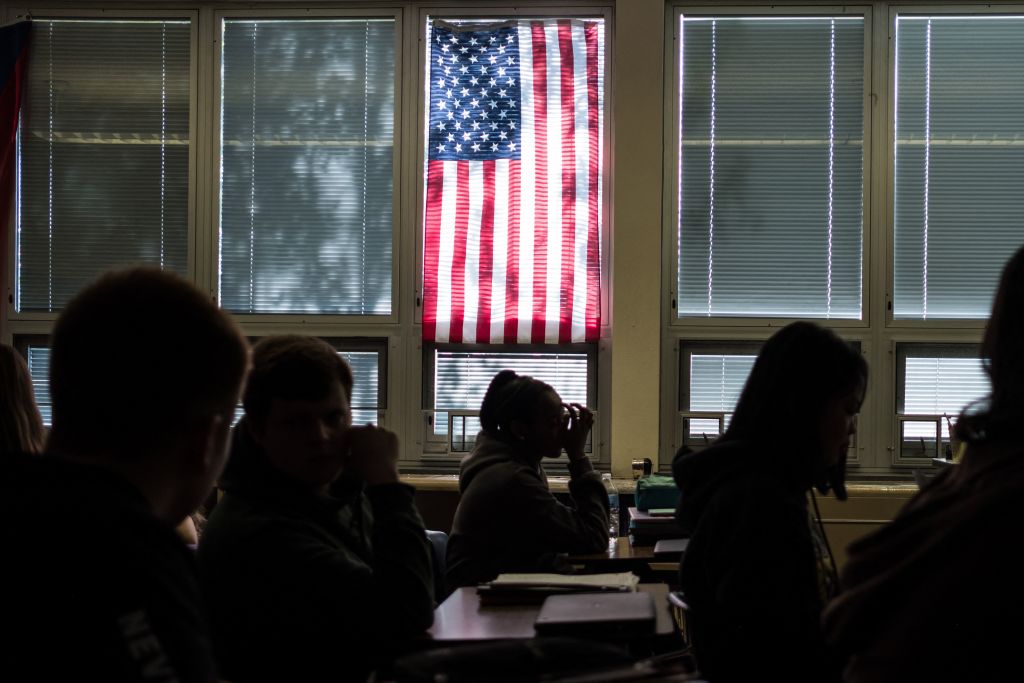A psychiatrist once told me that it takes one’s subconscious about three weeks to catch up with a significant life event, and that is certainly holding good now. We have gone through shock and disbelief while simultaneously accepting the situation. Mostly we have also accepted the rules and restrictions, and I wonder if many who flocked to holiday places on the first sunny days of school closures and went dozens abreast in parks and on beaches were not deliberately sticking up two fingers to the virus or the law, but simply in denial. It took more deaths, especially among the young and otherwise fit — plus the prime minister’s television address giving not advice but orders — for it to hit home.
My own catch-up moment came early one morning. It is always quiet in this tiny village, but now the quietness had a different quality; it seemed to have thickened in spite of the birdsong, and in the quietness my subconscious awareness zoomed to the surface. This is real. We are in lockdown.
Yet no man is an island. The huge and immediate response to the government’s call for volunteers and the proliferation of organized help groups prove it, as did that extraordinary clapping for National Health Serice workers which rippled out across the country. Someone asked a nurse if the applause made any difference. ‘Not really,’ she said, ‘because it couldn’t. But it was bloody good to get it.’ Paramedic friends drove their ambulance through a city street to claps, cheers, waves, saucepan lids banging, car hooters sounding. They said their hearts lifted.
But COVID-19 is still there and it isn’t going away any time soon. It is calm and peaceful here in my Norfolk fastness, and yet the consciousness of this thing insinuates itself, gets under the door and through the cracks, mingles with the dust motes in the air we breathe, unnerving, unsettling. Ghostly. I send books to my seven-year-old granddaughter but must avoid any that are remotely scary or spooky. Children have a sixth sense for a changed atmosphere and the contagion of anxiety and uncertainty. I send stories about unicorns and good fairies.
I have come to understand, too, that the silence and solitude, the stilling of haste and bustle as we rest in one place, yield great riches, spiritual riches. Well, it is Lent, leading up to the Christian Church’s most solemn time of year and, believer or not, everyone can learn deep human truths from the story of a good man’s journey to death and, in whatever way you interpret it, resurrection. On Sunday, I went to the Holy Communion service in Giles Fraser’s church, St Mary Newington, via Zoom, an internet conferencing app. It worked beautifully though our rural WiFi had the usual dithers, and I had a strong sense of being a physical member of the congregation, none of the priest being alone in an empty church.
I have also turned to Philip Gröning’s remarkable film Into Great Silence, an intimate, unrushed two-hour visit to the remote monastery of La Grande Chartreuse in the French Alps, main house of the Carthusian monastic order. They live in silence and solitude, each in his cell, coming together only in the chapel to sing the Divine Offices several times a day and night. They pray, eat, read and study the scriptures and other sacred books, alone, and each monk has a small garden to tend, a stack of wood to chop for his stove, a hard narrow bed, prayer stool, desk and chair. They live lives of simple routine and contemplation, which it is a privilege to share for a time, and it is clear on their faces that they are blissfully content. If you immerse yourself in the solemn beauty of the monastery and the remote grandeur of its setting, especially in the deep snow of winter, its air of holiness, the great silence, I promise that you will emerge into your own isolation wonderfully refreshed. This unique film is a lifesaver.
Restlessness has come over me in quite unexpected ways. I have found it hard to settle to a book; I flit from one to another, reading a page or two, maybe a couple of chapters, in the dilemma of the three bears, who tried different chairs, beds and bowls of porridge before finding one that was just right. This is ridiculous. It is not like me. But in the end there is always an answer, and I found my ‘just right’ in W. Somerset Maugham. Not all his novels stand up now, but The Painted Veil is still a masterpiece. If you have never read Maugham, start there. Of Human Bondage and The Razor’s Edge cured my literary ADD, and his short stories are very fine. He was the consummate professional who led a full, rich and remarkably varied life, as you may discover in Selina Hastings’s excellent biography.
Writers are used to having rollercoaster incomes but I have been extremely fortunate in having the long-running play of my ghost story The Woman in Black as my pension. Overnight, four productions — in London, New York, Mexico City and touring the UK — went dark, as did a big slab of my income. But the people I worry about are the freelance on-stage, backstage and front-of-house staff who make the show happen without a glitch, night after night. Given the cost of living and of commuting to city theaters, on not over-lavish salaries, the shoe will be pinching. I have never had a proper job in all my long working life, and I was pretty poor in the early days of being a full-time writer, so I know how tough it can be. The chancellor has addressed the situation but these are people who love their job and only want to get back to it, so prayers that they will soon do so are on next Sunday morning’s church service, courtesy of Zoom.
This article was originally published in The Spectator’s UK magazine. Subscribe to the US edition here.

























